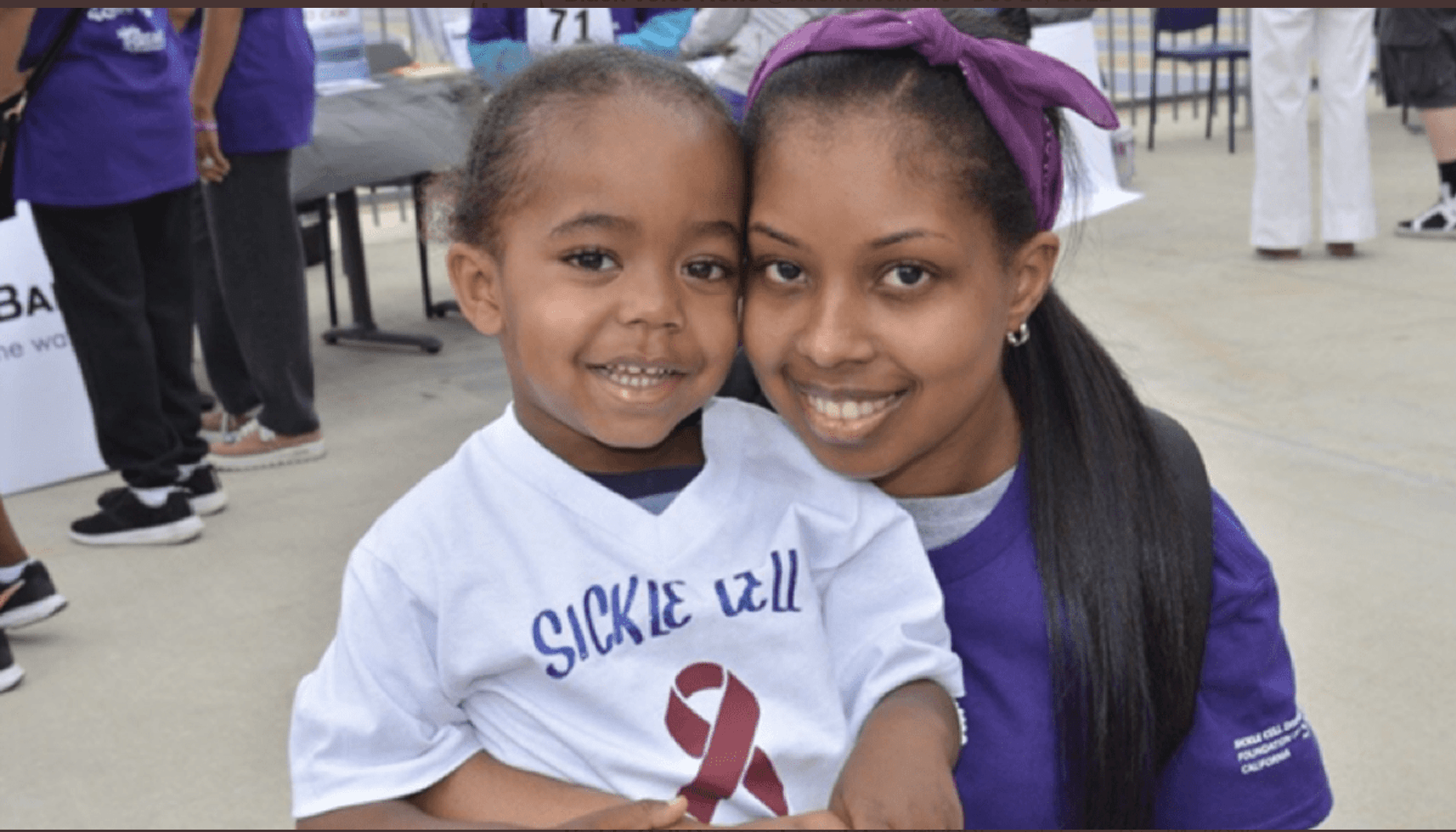The impact of extreme cold weather on Black people with sickle cell disease in Britain

Sickle cell disease (SCD) affects about 15,000 people in the UK. Individuals with this medical condition often experience intense pain, strokes, fatigue, coldness in the hands and feet among other symptoms. The disease is an inherited blood disorder prevalent in the Black community. It is believed that about 20 per cent of West Africans and 10 per cent of African Caribbean people are affected, but it is extremely uncommon among White Europeans. Precisely because this is not a ‘mainstream’ disease in the UK, it was misunderstood by doctors and underfunded for decades. While there have been improvements and greater awareness in recent times about Black people and sickle cell disease. The impacts of this on sufferers, especially in very cold weather, remains an important issue that is not always considered by the mainstream population. For this reason, the cold winter months in Britain are often periods of intense pain and suffering for sickle cell sufferers, the vast majority of whom are Black.
The case of the 27-year-old Black man, Stephen Bogle, in the 1980s demonstrates the seriousness of the level of misunderstanding and racial prejudice that was once prevalent in British society regarding this disease. Bogle had taken ill at a chip shop in London but refused to get into the ambulance when it later arrived, so was taken to the Hackney Police Station. There, he was later charged and remanded in custody for a week, for two minor offences. Importantly, it was while in the hospital wing at Brixton Prison, that medical staff discovered Bogle had a history of mental illness and also sickle cell disease. However, his situation and medical condition were not taken seriously by the authorities. His medical records would later show he was severely dehydrated, and two hours after being placed in a court cell, he was found dead. An inquest later found that Bogle died from ‘natural causes aggravated by a lack of care.’ Had the authorities responded better to his SCD (and his mental health issues), this incident might have had a different ending. This case, though 40 years old, helps to highlight what can happen if authorities and the public are not aware of SCD and its symptoms among Black people. Turning a blind eye can, literally, be lethal.
Sickle cell disease is a lifelong condition caused by a faulty gene that affects how red blood cells develop. It is considered to be one of the fastest-growing genetic diseases in the UK. People with sickle cell are often at an increased risk of contracting serious infections, or could become anaemic, which is when red blood cells cannot carry enough oxygen around the body. This can cause tiredness and shortness of breath. Some patients have regular blood transfusions – usually every three to four weeks – as a form of treatment for the condition. Other symptoms include jaundice, swollen hands and feet, chronic pain and severe infections.
One factor which seriously impacts Black people in the UK with SCD is extreme cold or hot weather. The recent cold weather would have resulted in untold suffering for many people, resulting in a crisis. The need to keep warm is crucial, but with this year’s increases in electricity and gas prices, many people have been finding it difficult to keep their homes warm. However, for people with sickle cell disease, keeping warm is literally a matter of life and death. To survive the cold weather, many Black people with SCD have to employ a number of strategies. One of these is to dress warmly with long layers and even thermal layers in extreme colder weather. Gloves and thick socks have to be worn to keep hands and feet warm and hand and foot warmers often need to be used. This might make them look a little over-dressed by most people, but this is where understanding and empathy are important. As we saw in the case of Stephen Bogle, drinking plenty of water and avoiding dehydration are crucial for people with SCD. Furthermore, drinking hot beverages and hot soup as well as ensuring they invest in a thermos are important for sickle cell sufferers. While for the majority of people in Britain, the cold weather is something they learn to live with, for Black people with SCD, this is another season when, they are often misunderstood and alienated. It is, therefore, important to be extra vigilant and aware of some Black people during this cold weather season, who seem to be more severely impacted by the cold, even when everyone else seem to be coping with it. The case of Stephen Bogle demonstrates what can happen if we turn a blind eye.
Tony Talburt is a senior lecturer at Birmingham City University in the UK.






